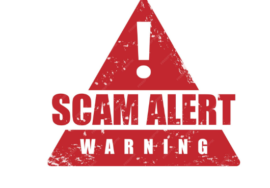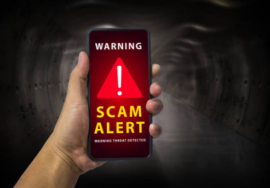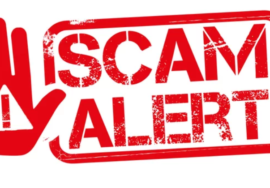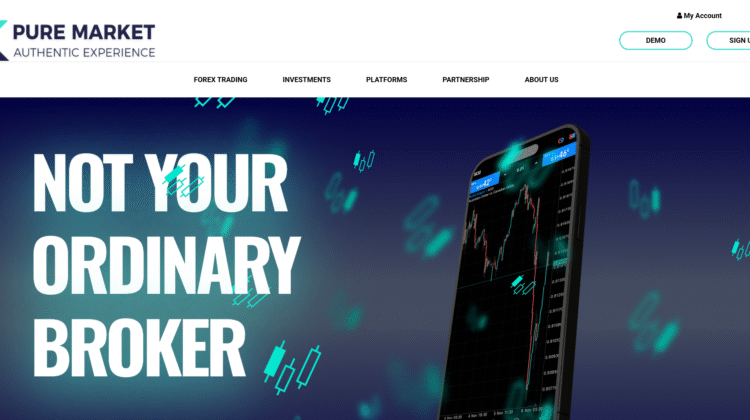
7 Urgent Flags: Why Puremarketbroker Seems Attractive Yet Carries Substantial Risk
7 Urgent Flags: Why Puremarketbroker Seems Attractive Yet Carries Substantial Risk
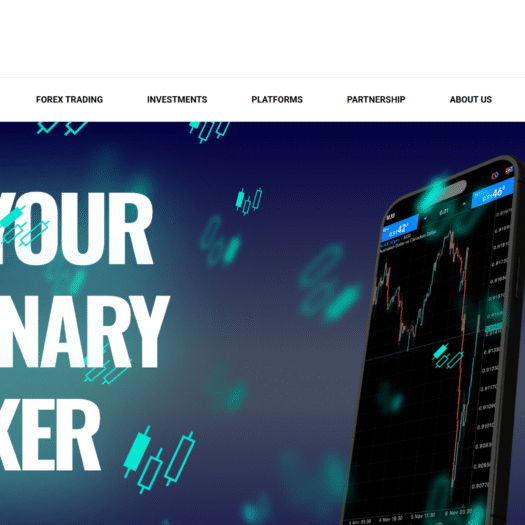
Pure Market Broker (also “Pure Market”) describes itself as a true STP/MARKET broker offering low spreads, PAMM accounts, and professional trading tools with accounts via MetaTrader 4 and 5. On the positive side, some features look promising. On the negative side, multiple red flags appear repeatedly in reviews and regulatory overviews. Below are seven urgent flags every trader should check before trusting Pure Market Broker with funds.
1) Regulation is offshore and weak; investor protection is limited
Pure Market Broker is regulated by authorities in Vanuatu (Vanuatu Financial Services Commission, license 14801) and Comoros (Comoros Financial Services Authority, license T2023313) under the entity Pure M Global Ltd. According to its “About Us” things like fund segregation are claimed. However, watchdog and rating sites classify VFSC and Comoros regulation as weaker (“tier-3” or offshore) with less stringent oversight, lower capital or compliance requirements compared to strong regulators like the UK FCA or ASIC Australia. Reviews from TradersUnion give it a low safety score (around 3.7/10), indicating that while it’s “regulated,” the regulation is not of high strength.
2) Very low spreads and commissions sound good risk of hidden cost
On its site, Pure Market advertises floating spreads, STP accounts “from 0.0-0.2” pips in some cases, low commissions for certain instruments, access to many forex pairs, metals, indices etc. Minimum deposit is USD/EUR 100 for some account types. These are appealing cost terms. But reviews and user feedback indicate that spreads may widen in volatile markets, or that “zero spread” accounts carry higher commissions. Some users also report higher swap or overnight finance costs, less favorable pricing during non-peak times.
3) Withdrawal issues and account-investigation delays are repeatedly reported
One of the more serious negative patterns in user forums is that some clients say withdrawals (especially after making profits) are delayed, sometimes for many weeks, with support citing “account under investigation.” For example a user named Olivier reported a withdrawal request pending since mid-July, then in September still being “investigated,” with no resolution or clarity. That kind of issue is often raised by multiple users in community forums.
4) Transparency on corporate structure, team, and license validation is weak
While Pure Market publishes that it is owned by Pure M Global Ltd, with addresses in Vanuatu, and that clients’ funds are segregated, there is little detailed information about the management team, history, or audited financials. Some reviewers say that they could not verify some regulatory claims easily or needed to trust what is published by the broker without strong external confirmation. Also, some regulatory bodies like VFSC are said to have minimal public registries or less accessible records, making it harder to verify the exact entity you’re dealing with.
5) Mixed feedback: positive experiences exist, but negative complaints cluster heavily
There are traders who report good things: helpful support, decent MT4/MT5 performance, spreads that are reasonable under certain conditions, and deposit + withdrawals working when amounts are modest. But balancing that are many complaints: withdrawals held, delayed, or denied; spreads differing from those advertised; unclear fee or commission conditions; slow or unhelpful support when issues arise. Trustpilot reviews show a mix: many 5-star, but some strong 1-star complaints. Rating review sites mark it moderate to low in safety.
6) Wide advertised leverage and high risk; no consistent disclosures of negative-balance protection
Pure Market offers leverage up to 1:200 in many accounts. High leverage is appealing, but risky: it increases chance of large losses quickly, magnified further if slippage, spread widening, or execution delays occur. According to some sources, negative balance protection is not clearly offered; that means in worst scenarios you could owe more than you deposited. Also, certain jurisdictions or promotions may allow more aggressive conditions, but without strong guarantees or legal oversight.
7) Safety scores and broker watchdogs warn; risk likely higher than advertised
Sites like TradersUnion, Wikibit, FXVerify, and BrokersView often classify Pure Market as “moderate to high risk,” citing low safety ratings, regulatory weakness, and frequent complaint patterns. In one rating, safety is declared “Low security level.” Some site reviews warn that the correlated entity names or license numbers may be used differently (i.e. maybe unlicensed arms or affiliate domains). These combined signals suggest risk is systemic, not one-off.
Conclusion: Final Verdict on Pure Market Broker
Pure Market Broker offers visible advantages: relatively low minimum deposits for some accounts, access to broadly known platforms (MT4, MT5), STP execution claims, access to many forex pairs, metals, indices, and a PAMM investment option. For traders seeking low spreads in calm market periods and willing to accept higher risk, the offering may appear attractive. Also, their commission structure in some plan types appears competitive when compared to many less regulated brokers. Some users report good experiences for straightforward trades and modest deposit/withdrawal amounts. All that suggests there is some legitimate service here, not purely fraudulent appearance.
However, the negatives are serious, and several combine to make Pure Market Broker risky in more than “bearable risk” senses. Key issues are withdrawal delays (especially after profits), vague or possibly mis-advertised conditions, regulatory oversight that is not strong, and insufficient transparency about controls, protections, or the management. The regulatory licenses they show (Vanuatu, Comoros) are not inherently invalid, but in practice they do not offer the same enforceable protections that traders enjoy under strong regulators. Low safety ratings from brokers’ review aggregators confirm that many users feel exposed in ways not disclosed upfront.
Another big concern is whether negative balance protection is available; if it’s not, then in volatile market conditions, clients may lose more than they think. In addition, high leverage without strong regulation increases exposure. Buyers should be aware that even though advertised spreads are lean, real spreads or commissions under less ideal conditions often appear wider according to many user complaints. Slippage, margin calls, and charges revealed only after deposit or trade are recurrent complaints.
Therefore, for serious or large-amount traders, or those who prioritize capital protection and legal enforceability, Pure Market Broker is likely not the safest choice. It could be acceptable for experimenting with modest funds, understanding all the terms, testing deposit/withdrawal in your region, and only risking what you can afford to lose. For beginners especially, the combination of mixed reviews, regulatory weakness, and complaint patterns suggests extra caution is essential.
If I were advising someone now, here’s what I’d do:
- Start with a demo or small real account; trade modest amounts; make a small profit; attempt a withdrawal to test how smoothly the broker handles it in your country.
- Read all legal documents meticulously: account agreement, risk disclosure, “abusive trading” clauses, margin rules, withdrawal terms.
- Avoid maximum leverage unless you understand fully the risk.
- Keep records of trades, supports, spreads, charges; document anything unusual.
- Consider brokers regulated by high-tier authorities if your priority is safety, legal recourse, and predictable behavior.


